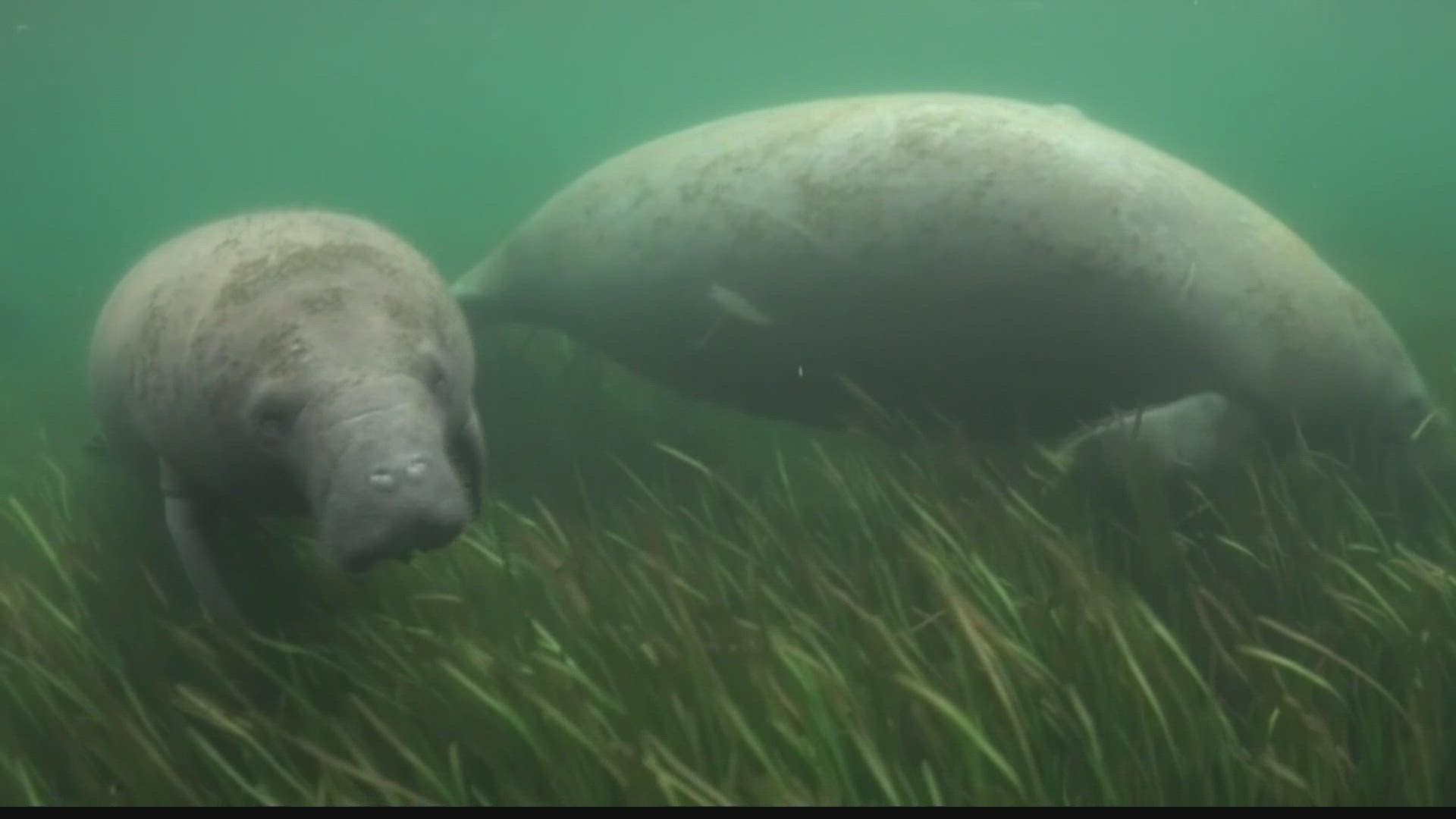JACKSONVILLE, Fla. — (The video above is from a previous, unrelated report)
The 2022 St. Johns River Report was released Friday, offering some signs of positive progress regarding the health of the river.
However, the report indicates that some trends are getting worse.
The 15th annual report is an analysis of the health of the Lower St. Johns River Basin funded by the Environmental Protection Board of the City of Jacksonville.
The report focuses on four main areas of the river: water quality, fisheries, aquatic life and contaminants.
“Increasing phosphorus and excessive fecal bacteria contribute to the nutrients that promote harmful algae growth, and this in turn can lead to low oxygen and fish kills,” said Dr. Gerry Pinto, lead researcher on the report.
This year’s report indicates that nitrogen levels continue to decrease; however, phosphorus levels continue to rise. Salinity was lower with increased rainfall since Hurricane Irma in 2017, but the long-term increase continues with rising sea level.
The report also indicates that the fecal indicator bacteria such as E. coli and Enterococcus remain far too high, and harmful freshwater algal blooms continue to occur frequently.
The report indicates that the wetlands are being lost to development, and the use of mitigation banking far outpaces better alternatives like preservation, restoration, and enhancement.
Additionally, the report suggests that critical submerged aquatic vegetation (SAV) has declined significantly in several regions of the basin particularly from the physical damage caused by Hurricanes Matthew and Irma.
Furthermore, among numerous contaminants of water column and sediments, mercury is the focus of significant attention.
“A significant amount of the nutrients originate from upstream stream sources outside of Jacksonville, but another major contribution comes from failing sewage pipes and septic tanks in Duval County and throughout the basin,” Pinto said. “Also, the effects of warming climate and rising seas exacerbates the situation, allowing more pollution to flow into the tributaries.”
However, there were positive takeaways from this year’s report.
Most fin fish and invertebrates are not in danger of overfishing. Protected species continue to fare well, despite recent storms and their effect on habitats, the report says.
Researchers from Jacksonville University, the University of North Florida (UNF), Florida Southern College, and West Chester University of Pennsylvania compiled the report. Several of the researchers will share the findings during a virtual presentation and panel discussion hosted by WJCT Public Media on Tuesday, Oct. 18 at 4 p.m.
Later on Nov. 3, Reporter and ADAPT podcast host Brendan Rivers will moderate two discussions starting at 7 p.m.

